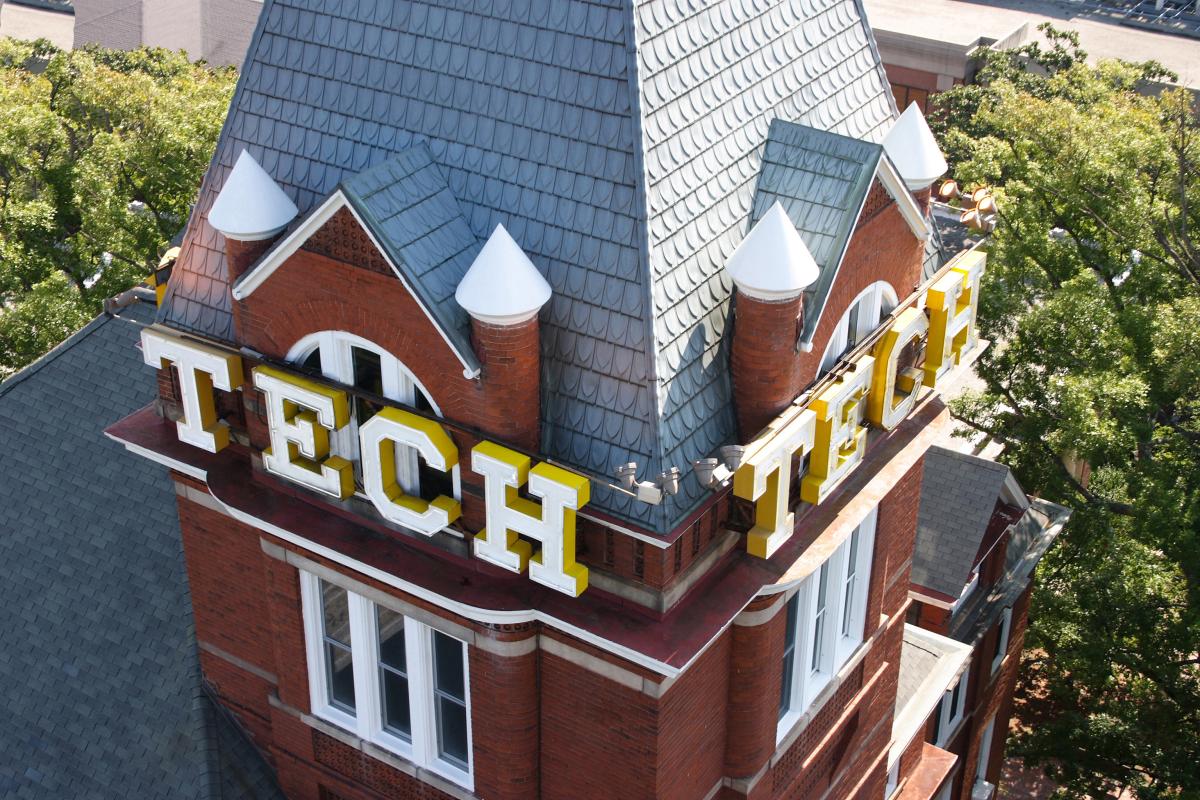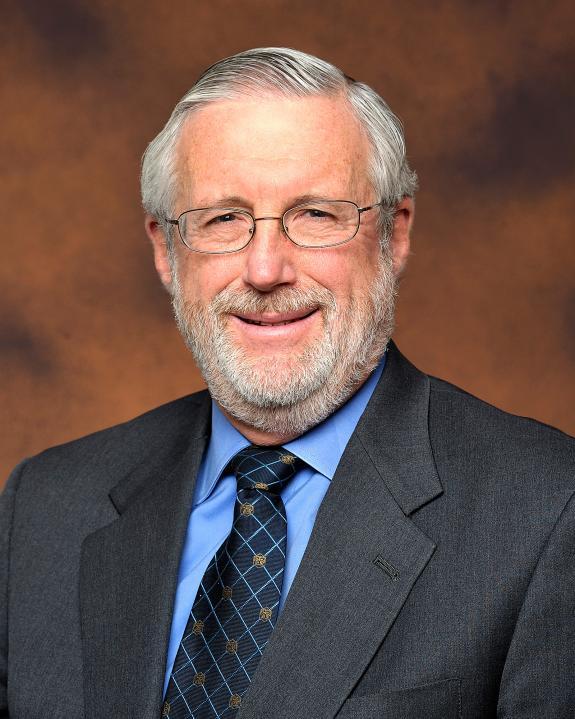
2012 marks the 50th anniversary of Tech’s nuclear engineering program, and across two chilly days, dozens of people attended a symposium and a colloquium that together comprised the NE 50th Anniversary Celebration.
During the symposium, Tech alumni and students (as well as leaders from government and industry) heard lectures about nuclear energy’s great promise.
Peter Ivey, Southern Co.’s vice president for regulatory affairs, was one of the day’s early speakers. He discussed two nuclear reactors under construction in Georgia, Vogtle 3 and 4, which feature enhanced safety designs.
“It is an absolute imperative,” he told the audience, “that we as humanity figure out how to leverage the incredible power that nuclear provides.”
Another speaker was Dr. Peter Lyons (pictured left), assistant secretary for nuclear energy at the U.S. Department of Energy. He commended Tech on its awards from Nuclear Energy University Programs, which offer money for research at American colleges and universities. The Institute has received 23 awards totaling $12.6 million.
“There’s so many things I congratulate Georgia Tech on,” Lyons told the crowd.
The next day’s event, History and Contributions of Nuclear Engineering at Georgia Tech, took a different tack. This time, various speakers looked back toward the program’s roots to examine its evolution over the past five decades.
The program began during the height of the Cold War, in 1962. Steve Cross, Tech’s executive vice president for research, mentioned the time period’s significance.
“We knew the world was changing,” he said, “but we didn’t know what that change meant.”
Tech’s foresight in establishing a nuclear program has paid off. These days, NRE’s focuses are as diverse as students’ and professors’ interests. Research areas include nonproliferation, design safety and medical physics.
NRE’s curriculum now falls under the Woodruff School of Mechanical Engineering. The Institute offers undergraduates a bachelor’s degree in nuclear and radiological engineering. Graduate students may pursue a master’s or doctoral degree in either nuclear engineering or medical physics.
